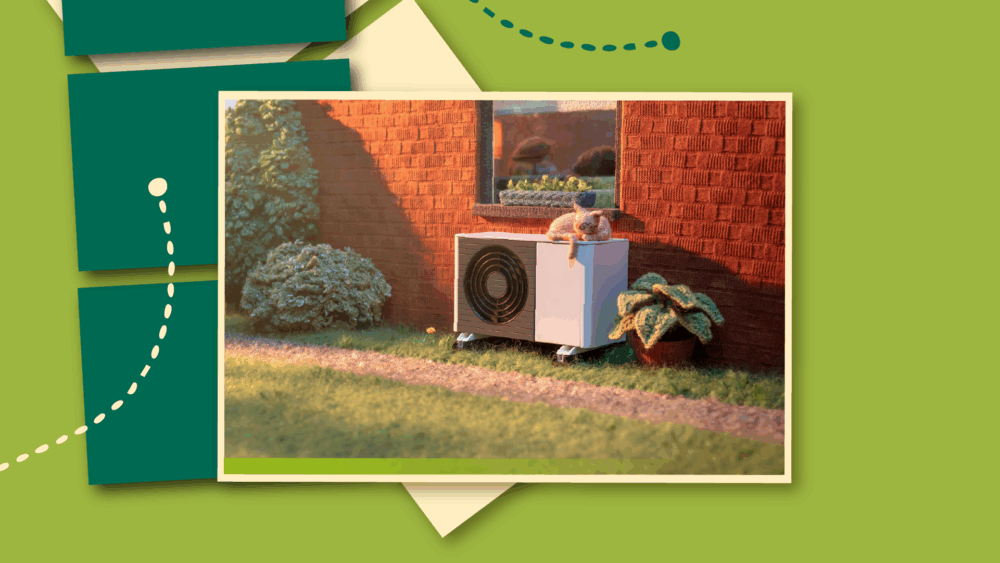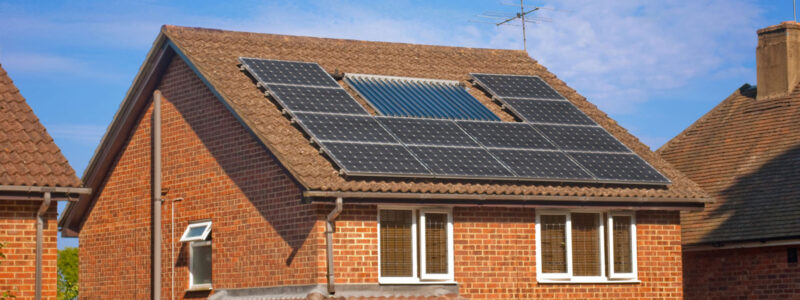Heat pumps are 3x more energy efficient than traditional boilers, meaning they’ll substantially reduce the carbon footprint of your home, and because they run on electricity, there’s potential to make bill savings too by using smart tariffs with cheaper off-peak rates*. Plus, the government is offering a grant of £7,500 in England and Wales to help cover the cost of installation.
To find a qualified installer, you can:
- Use the MCS find a heat pump installer tool
- Search for an installer on Which? Trusted Traders
- Contact an energy supplier
What is a heat pump?

A heat pump heats your home using electricity. It works like a fridge in reverse, taking heat from the air or ground (even in sub-zero weather), increasing it to a higher temperature and transferring it to your home to provide heating and hot water.
An air source heat pump unit is fixed on the outside of a home or property. A ground source heat pump unit is fitted outside of your home or property, usually in the ground. Air source heat pumps are the more popular choice, but some people opt for a ground source heat pump instead. Heat pumps are increasingly popular in the UK with over 80,000 of them sold in 2024, a record year and up 51% on the year before. The benefits of a standard air source heat pump, compared to a traditional boiler include:

Reduce your bills
Save around £100 per year with smart tariffs*

Cut your carbon
Up to 70% less CO2 (carbon dioxide) than a gas boiler and zero emissions at point of use

Become super efficient
3x more energy efficient than traditional boilers

Help improve air quality
Heat pumps don’t burn fuel helping to reduce air pollution

Future-proof your home
Prepare to heat your home with cleaner energy

0% VAT on install process
Heat pump installations benefit from being exempt from VAT
See heat pumps in action

Discover how others are using heat pumps to save money and cut carbon.
Creating a better environment with a heat pump
Hear from a homeowner in Cheltenham about how switching to an air source heat pump added value to his home, reduced energy costs, and helped create a cleaner environment. Discover how combining a heat pump with solar and battery storage makes his home more efficient, sustainable, and affordable.
How do heat pumps power the British Film Institute?
Did you know that the British Film Institute was the first cinema in the UK to provide heating by heat pumps?
The building is powered by four air-to-water source heat pumps and the success of this has given BFI the confidence to roll out this technology across more sites.
Back to top
Financial help for your heat pump
£7,500 government grants available
Most homeowners in England and Wales are eligible for the Boiler Upgrade Scheme grant to help cover the cost of installing a heat pump. The installer will apply on your behalf on the Ofgem website. To qualify, you’ll need to meet the following criteria:
- You own the property — whether it’s your main home or a second property
- You’re replacing an existing fossil fuel heating system — such as gas, oil, electric, or LPG
- Your property has a valid Energy Performance Certificate (EPC)
- The property is located in England and Wales
If you’re in Scotland, find out more about financial help for your heat pump from Home Energy Scotland. If you’re in Northern Ireland, you might be able to get financial help through the Northern Ireland Sustainable Energy Programme.
0% VAT on install process
Heat pump installations benefit from being exempt from VAT.
Spread the cost with low or 0% finance
Several energy suppliers offer finance deals, such as 0% finance and low interest. Long term loans are also available to help spread the cost of installing a heat pump.
You may also be able to get cashback through your mortgage, some banks offer up to £2,000 cashback for heat pump installations through approved schemes.
Ready to get started?
To get a quote, visit MCS and find a heat pump installer in your area or contact your energy supplier.
It’s important to choose a suitable and qualified tradesperson to install a heat pump in your property. You should choose a Microgeneration Certification Scheme (MCS) installer if you plan to apply for government funding, such as through the Boiler Upgrade Scheme, and the installer will apply on your behalf.
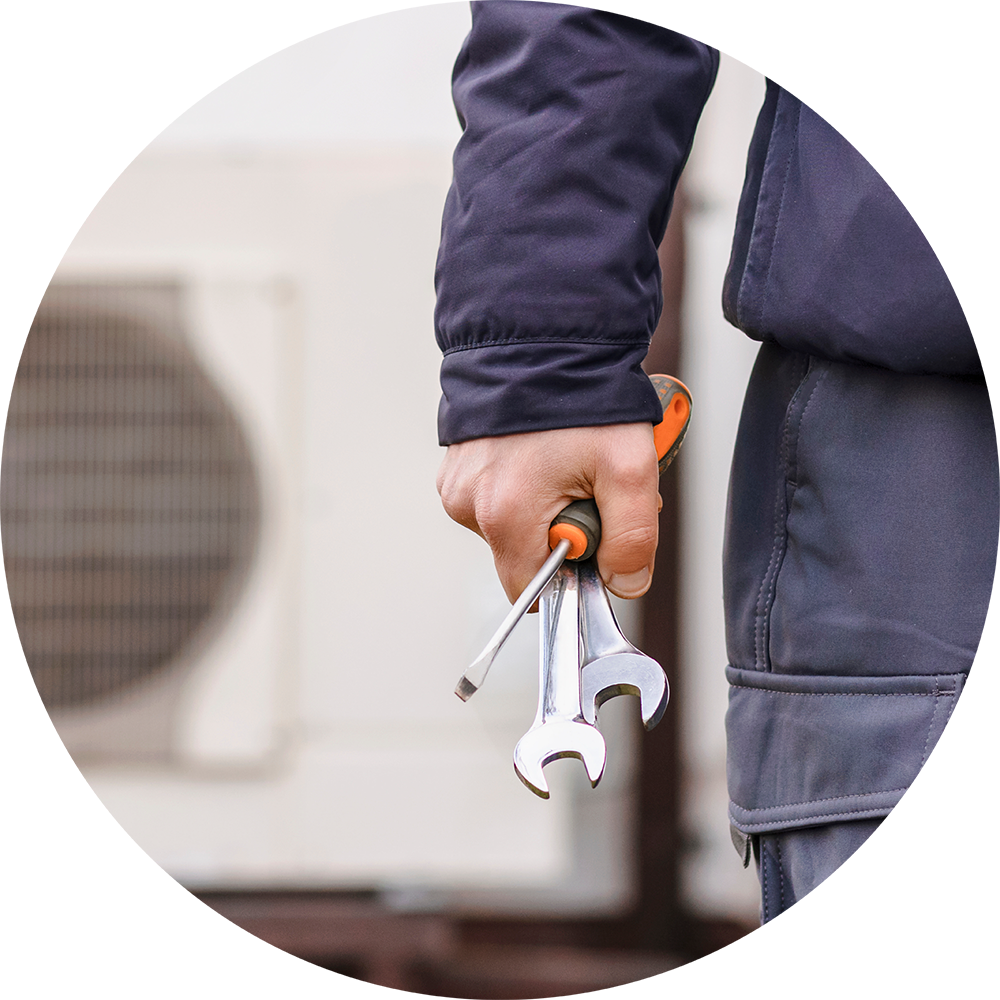
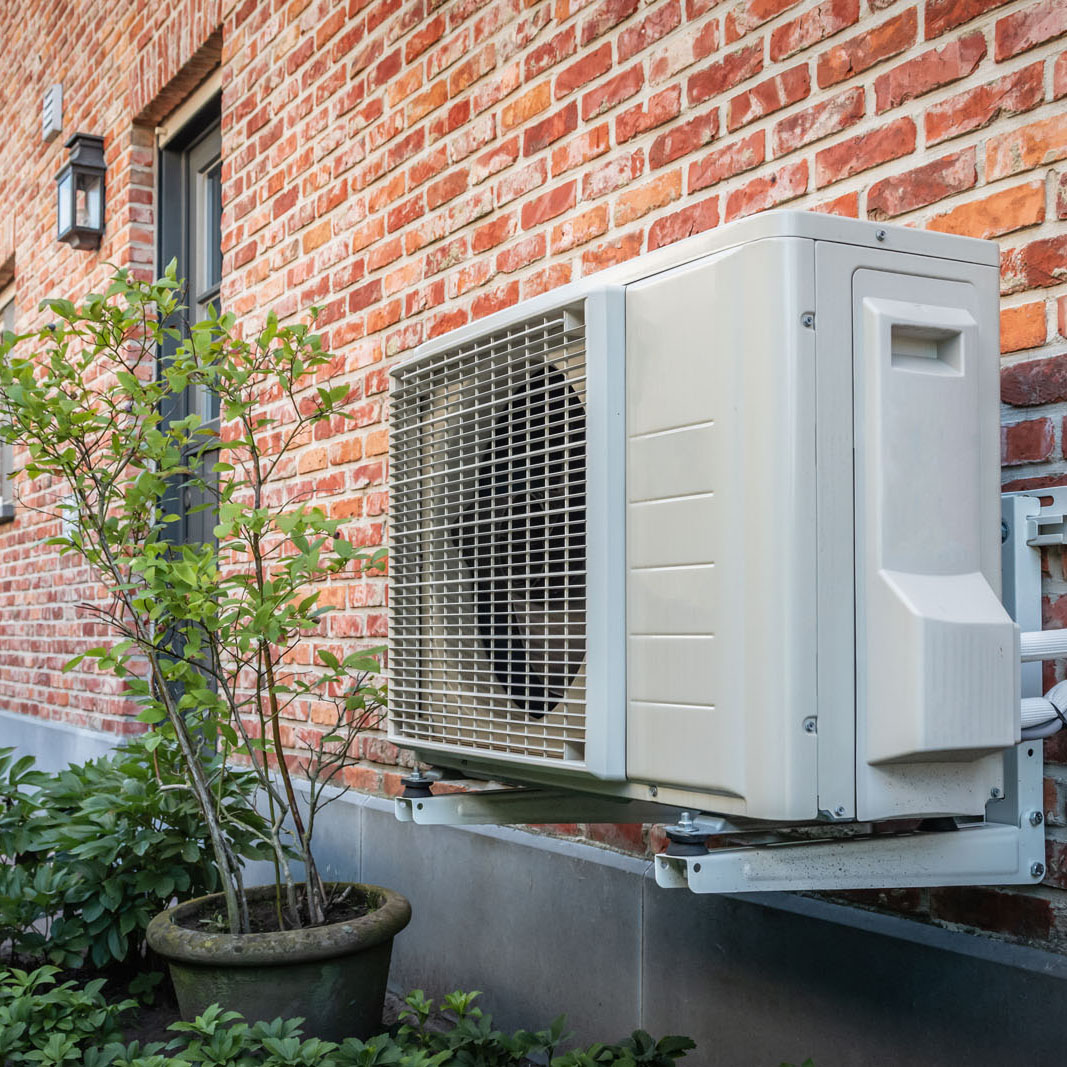
Is a heat pump right for me?
Try our heat pump checker tool
Try our heat pump checker tool to see if a heat pump could be a good option for your next heating system. Most UK homes are suitable – your best option depends on your space and home layout.
Visit a heat pump
Connect with local heat pump owners near you and visit a heat pump with Nesta.
Back to top
What a heat pump means for your home?

Outside your home
For air source heat pumps, you’ll need a small space outside for a fan unit, which typically ranges from 1 to 1.5m in height. This won’t generally require planning permission, but it’s worth checking just in case,
For a ground source heat pump, you’ll need a larger space for pipes to be buried in an array or a borehole. These heat pumps range in height from as little as 0.5m to around 1.7m, depending on the model.
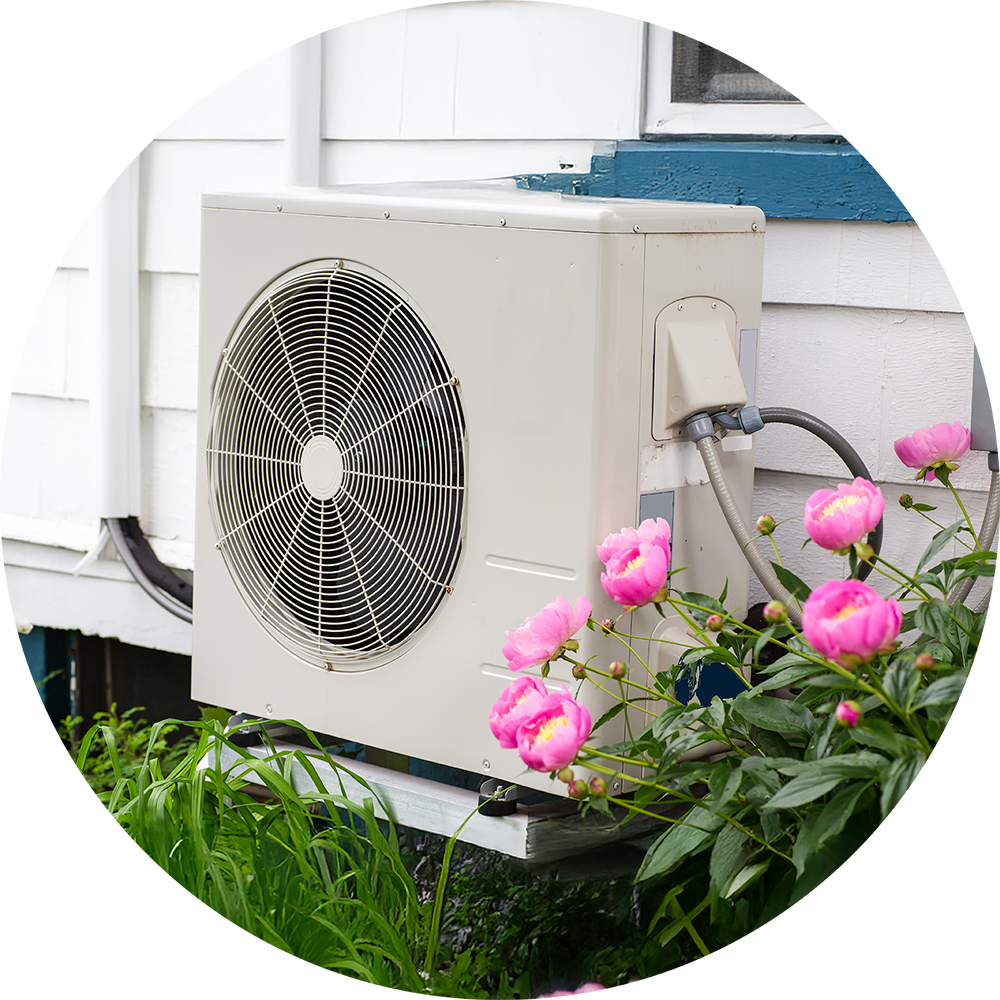
The sound of a heat pump
A sound assessment is usually completed during the installation process, and modern heat pumps are generally found to be relatively quiet, with noise levels similar to a fridge or a boiler when properly installed.

Inside your home
If you don’t have one already, your heat pump will need a hot water storage unit like a cylinder to deliver hot water. Installers may also recommend upgrading radiators to maximise system efficiency. Where needed, these changes are generally included in the install quote and are eligible to be covered by the grant.
Studies suggest that 90% of UK homes already have enough insulation to run a heat pump. But like any heating system, improving insulation and draught-proofing can lower running costs.
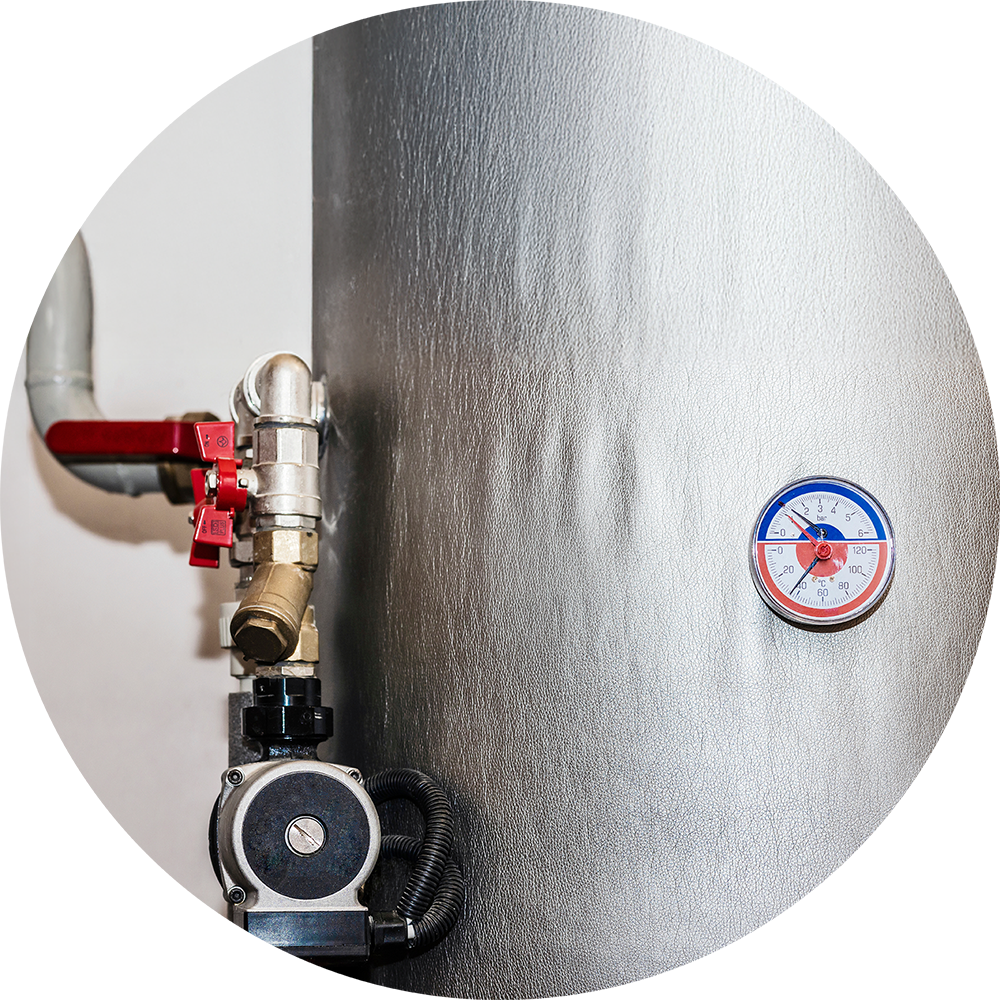
Using a heat pump
Your heat pump will work alongside a thermostat to maintain a comfortable temperature, automatically adjusting how hard the heat pump works according to how cold it is outside.
If you have a smart meter installed, some energy suppliers offer ‘time-of-use’ tariffs with cheaper electricity during off-peak hours. Find out more about smart meters.
If you have solar panels or a home battery, the electricity from your panels may provide enough power for your heat pump during the day or stored in your battery, creating a smart system using homegrown energy to make extra bill savings. Learn more about solar panels and home batteries.
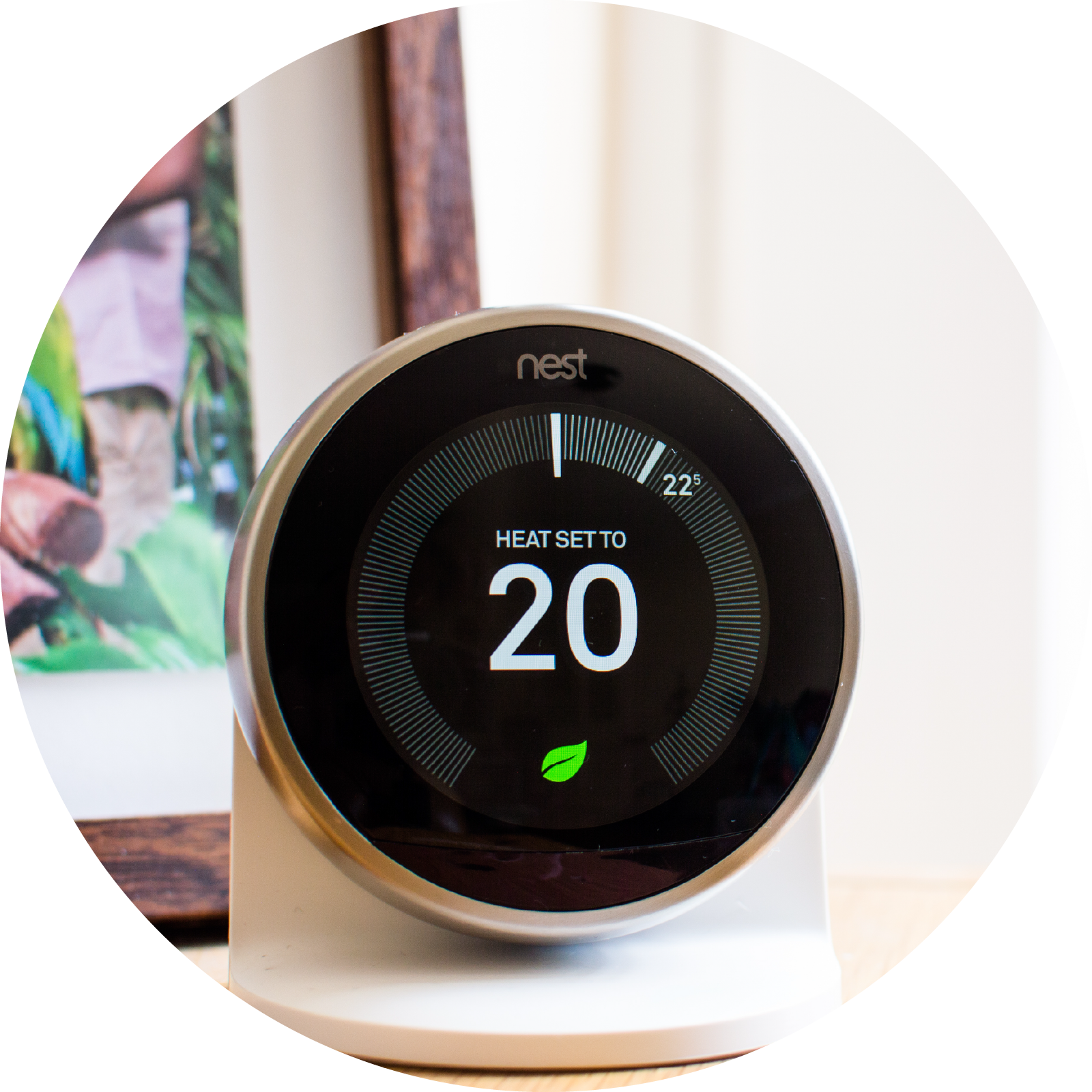
Need help installing a heat pump?
Search the MCS directory for qualified installers near you.
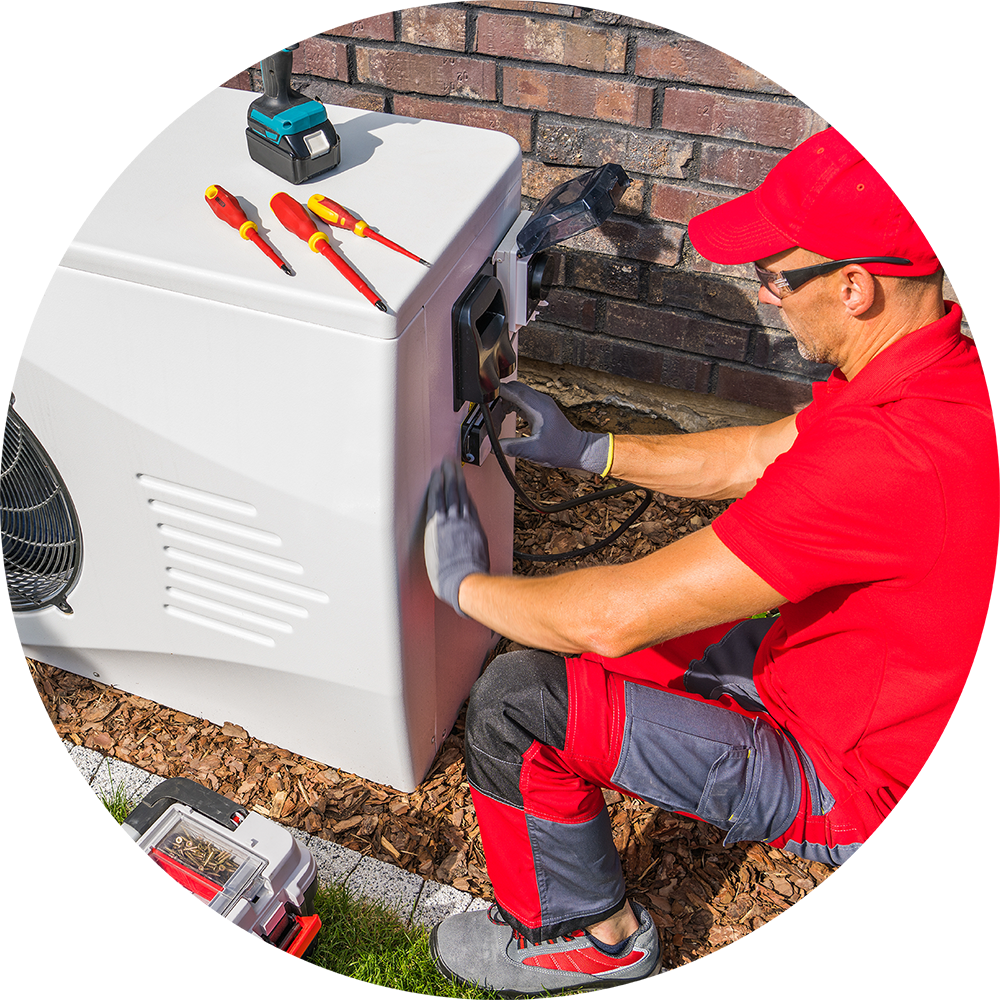

Additional help for people living in Wales, Scotland or Northern Ireland
If you’re in Wales, you could access an interest-free loan alongside the Boiler Upgrade Scheme grant. Explore options at Green Homes Wales and get personalised advice through the Nest Warm Homes Programme.
If you’re in Scotland, you may be eligible for an interest-free loan or grant to improve your home’s energy efficiency, including support for installing a heat pump. Find out more from Home Energy Scotland.
If you’re in Northern Ireland, explore energy advice and options at the government services website. Find out more about energy advices from the government services website.
Support for businesses switching to heat pumps
If you’re a business or own non-domestic property, you may be eligible for financial support through the Boiler Upgrade Scheme.
*How we calculated heat pump savings
The UK Government looked at how much it costs to run a heat pump compared to a traditional gas boiler in a typical home. Using detailed modelling, they tested this using real-world energy prices and a smart tariffs along with official energy price data from Ofgem.
The study assumed:
- A standard 3-bedroom detached house with good insulation
- A heat pump with typical efficiency
- A smart electricity tariff (which requires a smart meter)
- Gas standing charges are removed in the heat pump scenario
- Fully electric with no gas used for cooking in both scenarios
They found that, on average, a gas boiler would cost around £2,000 per year to run, while a heat pump would cost around £1,900—a saving of about £100 per year.
What affects your savings?
The actual savings you could make will depend on things like:
- Your energy tariff
- When and how much heating you use
- The size and insulation of your home
- The type of heat pump you install
Important notes:
- Based on the Octopus Cosy tariff prices and the Ofgem energy price cap over the period July 2023 – July 2024. Costs and savings associated with smart tariffs require a smart meter to be installed and vary depending on the tariff; how often and when you heat your home; the type, size and energy efficiency of your property; and the efficiency of your heat pump, among other factors. The figures above are based on dynamic simulation modelling of an average 3-bed detached house with insulated cavity walls and a heat pump with a seasonal performance factor of 3.13. Savings are based on Octopus Cosy tariff prices and the energy price cap from the period between July 2023 – July 2024 and assume no gas standing charge. As energy prices and tariff rates change, so will estimated costs and savings.
- Smart tariffs and options to save at time of use are only available for electricity, and not gas.
